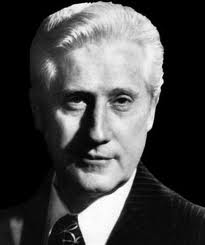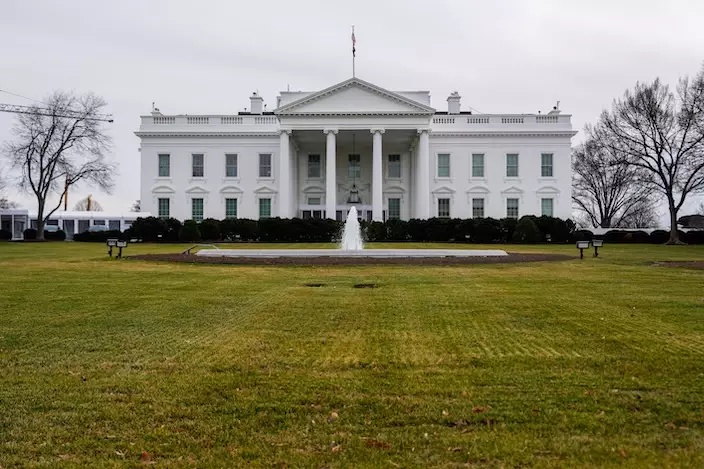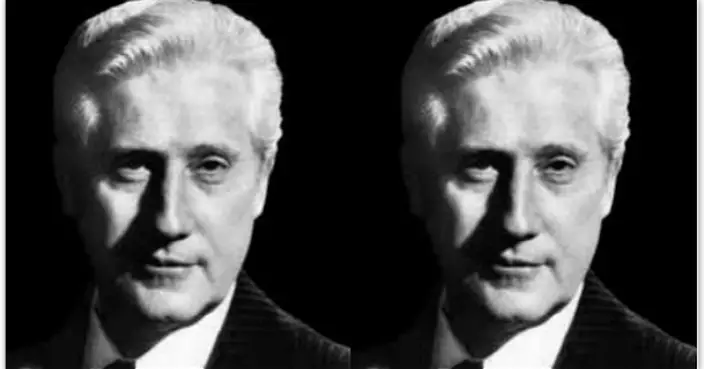LONDON - As the United Kingdom and the United States navigate fraught tariff negotiations, a senior White House official has injected a new note of discord into transatlantic relations.
In an interview with The Daily Telegraph, Peter Navarro, President Trump’s trade adviser and an architect of the administration’s combative tariff strategy, accused Britain of acting as a “compliant servant” to Beijing in its efforts to attract Chinese investment. He went so far as to liken China to a “vampire,” warning that deepening economic ties with Beijing could leave Britain exposed and vulnerable.
“If the Chinese vampire can’t suck the American blood, it’s going to suck the UK blood and the EU blood,” Navarro said, casting China’s global economic ambitions as a threat to Western prosperity. “This is a very dangerous time for the world economies with respect to exposure to China”
Navarro’s remarks arrive at a delicate moment for British officials, who are seeking to balance closer economic ties with both the European Union and China, even as they court a new trade agreement with Washington. Since Labour’s victory in last July’s general election, the government has promoted what it calls a “balanced” and “pragmatic” approach to China, insisting that isolating Beijing is neither realistic nor in Britain’s interest. Chancellor of the Exchequer Rachel Reeves and Foreign Secretary David Lammy have both traveled to China in recent months, emphasizing the need for stable, mutually beneficial relations. Reeves has described London as the “natural home” for Chinese capital.
The British government, for its part, responded with a measured statement. “This administration will always approach UK–China relations with clear-eyed vigilance and a coherent strategy,” a spokesperson said, adding that Britain’s trade policy remains focused on long-term prosperity without compromising economic or national security.
Navarro’s comments have not gone unnoticed in the British press. A recent commentary in iNews, headlined “The UK is no ‘servant of China,’ but the US is not the only game in town,” argued that the White House adviser’s broadside signals growing American hostility toward Britain and its European allies. The article noted that Navarro’s rhetoric reflects deep-seated anxieties in Washington about China’s substantial and growing investments in the UK. According to a report by Grant Thornton, by 2023, nearly a thousand British companies were effectively Chinese-owned, supporting more than 59,000 jobs and generating over £116 billion in revenue - a “significant contribution” to the UK economy.
The iNews commentary went further, suggesting that Navarro’s hardline stance, while consistent with the Trump administration’s approach, also reveals American vulnerabilities in the ongoing trade war. The aggressive tariff policies championed by Trump and Navarro have destabilized global trade relations, the article argued, and Navarro may be hoping to pressure Britain into adopting a tougher line on China to secure a favorable US–UK deal - even if such tactics risk backlash at home.
Britain has not escaped the fallout from Washington’s tariff escalation. While facing a baseline US tariff of 10 percent, the UK remains subject to the 25 percent duties imposed by Trump on automobiles and steel and aluminum products. Despite his criticism of London’s China policy, Navarro acknowledged that UK–US trade talks are progressing, with US Vice President Vance recently expressing optimism about a swift agreement.
Meanwhile, the UK and EU are preparing for a summit on May 19, with both sides signaling plans to deepen cooperation on trade and security, including harmonizing food standards and carbon trading. Trump has previously accused the EU of deliberately obstructing US imports.
British officials have repeatedly emphasized that the UK need not choose between the EU and the US, as both are vital partners. Food safety standards remain a sticking point in UK–US trade talks; like the EU, the UK currently bans hormone-treated beef and chlorine-washed chicken. Navarro has warned that if Britain refuses to relax these standards, it will have to bear the costs.
Navarro, a fixture in Trump’s economic team, is known for his hardline views and his belief in tariffs as a primary policy tool. He has advocated for economic decoupling from China and that the world should isolate China. He has held senior roles throughout Trump’s presidency, describing his guiding principle as “wholeheartedly helping President Trump realize his vision,” while always being willing to “take the blame” but never seeking credit.
The Labour government of UK, in contrast, maintains a pragmatic, balanced approach toward China.
Chinese officials have pushed back forcefully. At a public event on May 3, Xie Feng, China’s ambassador to the United States, insisted that economic and trade relations are not a zero-sum game and warned that escalating tariffs would disrupt business, daily life, and global financial stability. “We do not want a tariff war, but we are not afraid of one,” Xie said. “We are determined to defend not only our legitimate rights, but also the international economic and trade order.”
Deep Throat
** The blog article is the sole responsibility of the author and does not represent the position of our company. **










